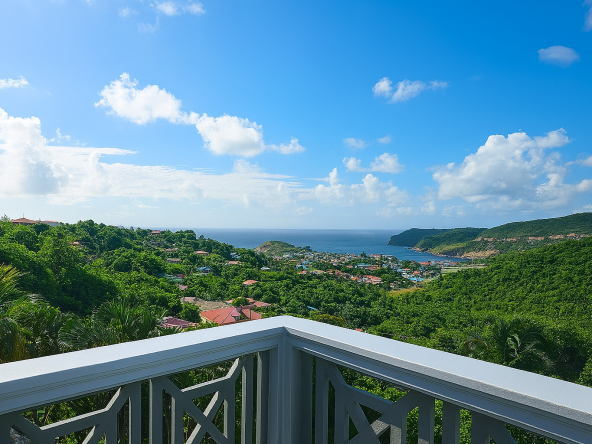When purchasing property in St. Lucia, it’s important to understand the two main types of property ownership: leasehold and freehold properties. Each has its own legal implications, and the type of ownership you choose will influence how much control you have over the property, its value, and your long-term investment strategy.
Freehold Ownership
Freehold is the most common and preferred form of property ownership in St. Lucia, particularly for residential and agricultural land. Freehold ownership means that you have full, permanent rights to the property and the land it occupies. As a freeholder, you own the land outright, and there are no time limits or lease agreements. This type of ownership allows you to sell, lease, or develop the land as you see fit, provided you comply with zoning and development regulations.
Freehold properties in St. Lucia, especially in prime locations like Rodney Bay, Cap Estate, or Soufrière, are highly sought after by both locals and international investors. These areas provide opportunities for luxury home developments, vacation rentals, or commercial investments.
For foreigners, freehold ownership offers a secure, long-term investment. Once the Alien Landholding License is obtained, non-nationals enjoy the same rights as St. Lucian citizens to own and manage freehold property. The added flexibility of freehold ownership makes it ideal for investors seeking to build long-term value.
Leasehold Ownership
Leasehold ownership, on the other hand, grants temporary rights to a property for a specified period, typically ranging from 25 to 99 years. The land remains owned by a freeholder, often the government or a private entity, and at the end of the lease term, the property reverts back to the freeholder unless the lease is renewed. Leasehold is common in government-leased developments or commercial properties in high-demand areas.
In St. Lucia, leasehold properties may include certain government-owned lands in protected areas or in large-scale resort developments, where the investor is granted lease rights to build or develop properties for a specific time frame. Leaseholders have limited rights compared to freeholders and must adhere to the terms of their lease agreement, which often includes restrictions on the type of development allowed.
Differences in Rights and Responsibilities
The key difference between freehold and leasehold properties lies in the duration of ownership and control over the property. Freeholders have complete ownership with no expiration date, while leaseholders only have temporary control based on the lease term. Additionally, leaseholders may face restrictions on how they can develop or use the property, depending on the lease agreement.
Foreign investors looking to purchase leasehold properties must also ensure compliance with local regulations, including obtaining an Alien Landholding License if required, and should consider the long-term viability of the investment given the finite nature of leasehold ownership.
Investment Considerations
Freehold ownership generally offers more security and flexibility, making it the preferred choice for most residential and commercial buyers in St. Lucia. However, leasehold properties can still present valuable opportunities for short- to medium-term investments, particularly in areas where freehold land may be unavailable or prohibitively expensive.
When deciding between leasehold and freehold properties, potential buyers should carefully consider their investment goals, the length of time they plan to hold the property, and any restrictions associated with leasehold agreements.
Please refer to the link for detailed information on all St. Lucia Real Estate Laws.
Follow Us On Caribbean Property Forum.




